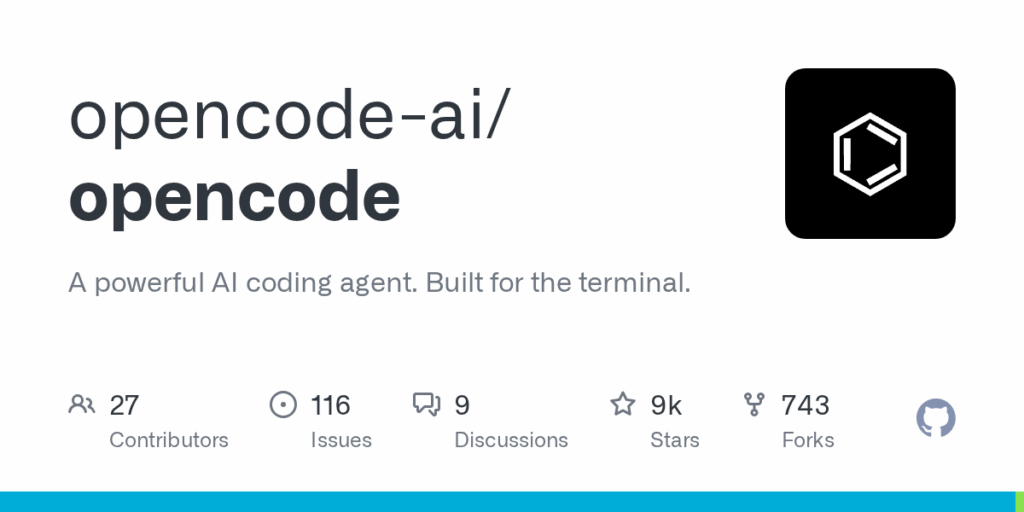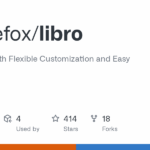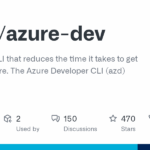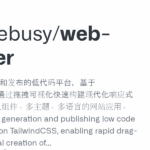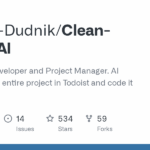opencode
Basic Information
OpenCode is a Go-based command line application that brings an AI coding assistant into the terminal. It provides an interactive terminal user interface for developers to interact with multiple large language model providers, manage conversational sessions, and invoke tools that can search, view, edit and patch code. The tool targets developer workflows by integrating Language Server Protocol features, persistent session storage in SQLite, external editor support, and the Model Context Protocol to extend capabilities with external tools. OpenCode can be used interactively in a TUI or in non-interactive mode for scripting, and it supports a variety of hosted and self-hosted model endpoints. The README documents installation paths, configuration locations, environment variables for provider keys, and a modular code layout for contributors.

